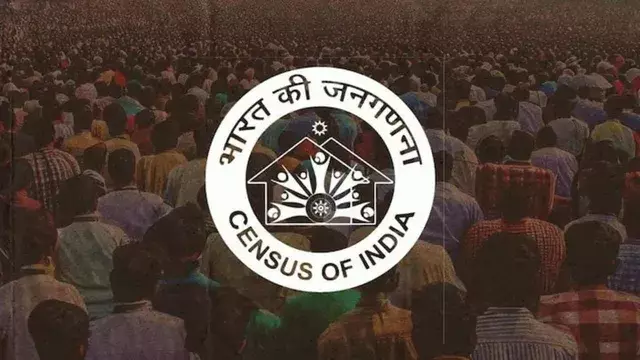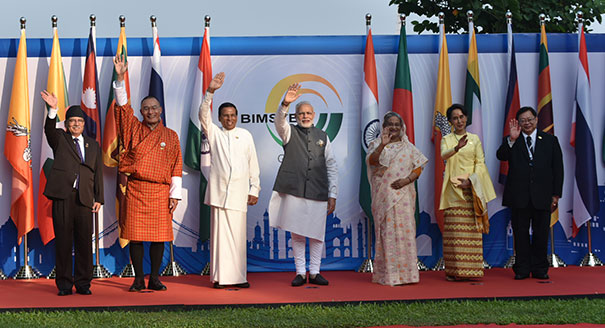- Courses
- GS Full Course 1 Year
- GS Full Course 2 Year
- GS Full Course 3 Year
- GS Full Course Till Selection
- Answer Alpha: Mains 2025 Mentorship
- MEP (Mains Enrichment Programme) Data, Facts
- Essay Target – 150+ Marks
- Online Program
- GS Recorded Course
- Polity
- Geography
- Economy
- Ancient, Medieval and Art & Culture AMAC
- Modern India, Post Independence & World History
- Environment
- Governance
- Science & Technology
- International Relations and Internal Security
- Disaster Management
- Ethics
- NCERT Current Affairs
- Indian Society and Social Issue
- NCERT- Science and Technology
- NCERT - Geography
- NCERT - Ancient History
- NCERT- World History
- NCERT Modern History
- CSAT
- 5 LAYERED ARJUNA Mentorship
- Public Administration Optional
- ABOUT US
- OUR TOPPERS
- TEST SERIES
- FREE STUDY MATERIAL
- VIDEOS
- CONTACT US
DELHI LIQUOR POLICY CASE
DELHI LIQUOR POLICY CASE
23-03-2024
Recently, Delhi CM Arvind Kejriwal was arrested by the Enforcement Directorate (ED) in the Liquor Policy Case.
What is Liquor?
- "Liquor" is a term commonly used to refer to strong alcoholic drinks like whiskey, vodka, rum, etc.
- Unlike beer or wine, which are made by fermenting grains or fruits, liquor is made through distillation. It is made by heating up these fermented mixtures and collecting the alcohol that evaporates.
- As per the 7th Schedule of the Constitution, the regulation of liquor is primarily under the state list.
|
Entry 8 |
Production, manufacture, transport, purchase, and sale of intoxicating liquors |
|
Entry 51 |
Excise on alcoholic liquors (which means state government can impose taxes) |
What is the Liquor Policy Case?
- In 2021, the Delhi government introduced a New Liquor Policy with an aim to restructure the city's alcohol distribution and sale.
- But, Delhi's Chief Secretary reported gross violations in policy.
- Based on this, the Delhi Lieutenant Governor (LG) requested a CBI investigation into this case.
Timeline of the Case:
|
July 2022 |
CBI probe was requested by Delhi LG |
|
August 2022 |
|
|
March 2023 |
ED arrested Manish Sisodia |
|
October 2023 |
ED arrested AAP Leader Sanjay Singh |
|
March 2024 |
|
What is the New Liquor Policy of the Delhi Government?
- Earlier, the Delhi Government used to provide individual licenses instead of bidding.
-
Delhi had a total of 864 liquor shops.
|
Shops Run by Government Agencies |
475 |
|
Shops Run by Private entities |
389 |
-
The new policy was brought in
- To improve customer’s experience by making it easier for them to buy liquors
- To increase the revenue of the government
- To stop the black-market business of liquor
- To withdraw the government’s role in the liquor business
-
Key Features of the new Policy:
- The city was divided into 32 zones to ensure that liquor shops are evenly distributed throughout the city and not concentrated in a particular region
- Instead of individual licenses, bidding was done to increase the government’s revenue
- Allowed the liquor shops to stay open till 3 AM
- Allowed the liquor shop owners to provide discounts to retail customers
- Reduced the number of dry days from 21 to 3
- Home delivery of liquor was allowed
- Lowered the drinking age from 25 to 21
What are the main allegations made by government agencies?
- As discounts were allowed, many shop owners started schemes like Buy 1 Get 1 Free leading to market distortion. (Market distortion occurs when factors such as government policies, monopolies, subsidies, taxes, or information imbalances interfere with how markets naturally operate. )
- The number of dry days was reduced without LG’s approval.
- Licenses were extended for many business owners without any reasonable justification. Also, some blacklisted groups were also given licenses. It is alleged that undue benefits were given to some business owners from South India.
- As a relief package during Covid, license fees worth Rs. 144.36 Cr were waived.
- There is a possible link between election funding for Goa & Punjab State elections and the profit made from the new policy.
- However, AAP leaders replied by saying that all such allegations were politically motivated.
Conclusion: An independent investigation and trial by agencies in a time-bound manner can provide a logical conclusion for this controversial case.
Must Check: Best IAS Coaching In Delhi
Watch Detailed Video Of This Topic




